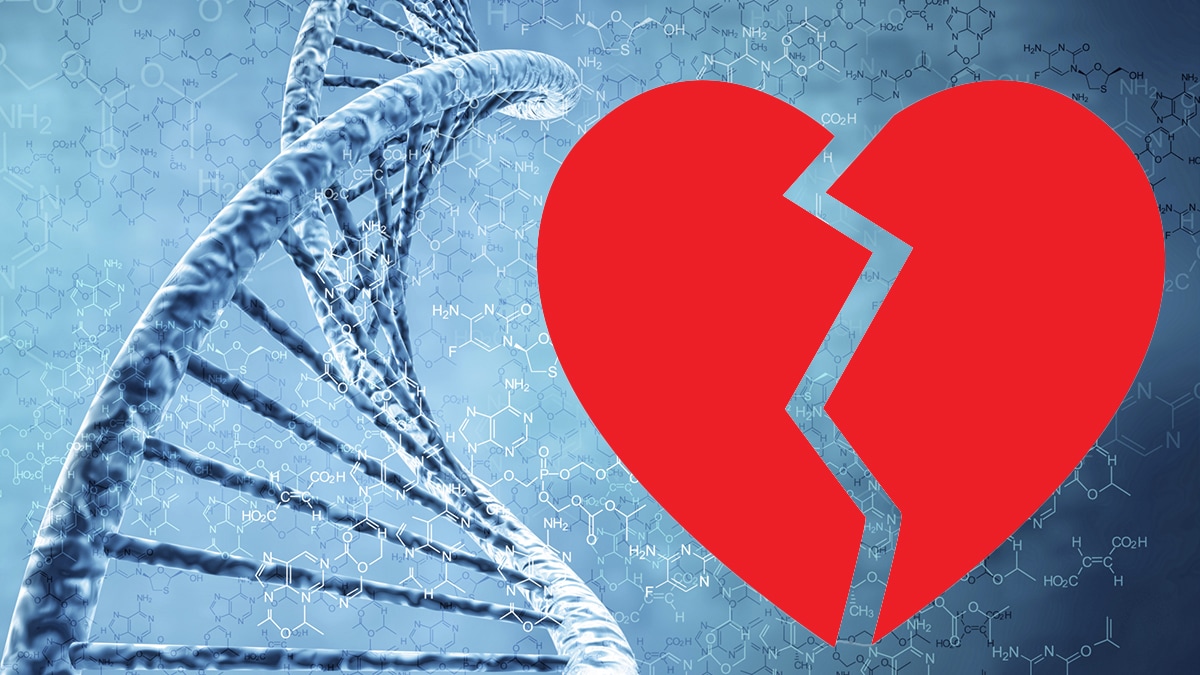Key points
- Having a family health history of heart disease makes you more likely to develop heart disease yourself.
- In some cases, having family members with heart disease at a young age (age 50 or younger) can be a sign of familial hypercholesterolemia, a genetic disorder that causes high cholesterol.

Overview
Every year in the United States, almost 700,000 people die from heart disease, which refers to several types of heart conditions including:
Coronary artery disease is the most common type of heart disease in the United States, killing almost 350,000 people each year.
Several health conditions and behaviors can make you more likely to develop coronary artery disease, such as:
- High blood pressure
- High blood cholesterol
- Smoking
- Diabetes
- Overweight and obesity
- Unhealthy diet
- Lack of physical activity
- Too much alcohol
Having close blood relatives (such as a parent, sibling, aunt, uncle, or cousin) with heart disease or related conditions, such as high blood pressure or high blood cholesterol, can make you more likely to have these conditions. In some cases, heart disease is hereditary, meaning that it is caused by genetic changes (called mutations) that are passed down in families. Familial hypercholesterolemia, a genetic disorder that results in high cholesterol, is one example of a condition that causes hereditary heart disease. Having family members with heart disease at a young age (age 50 or younger) can be a sign of familial hypercholesterolemia.
Collect your family health history to help you learn more about your risk of heart disease. Share this information with your healthcare provider so that you can come up with a plan together to prevent or manage heart disease. Effective medical options are available for people who have a hereditary condition such as familial hypercholesterolemia.
